The Art of Foie Gras:
A hands-on practicum in the timeless craft of producing foie gras on a small scale.
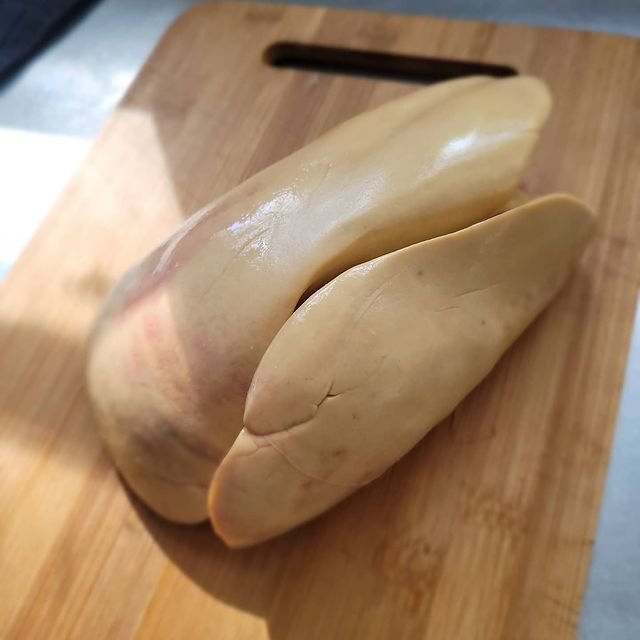
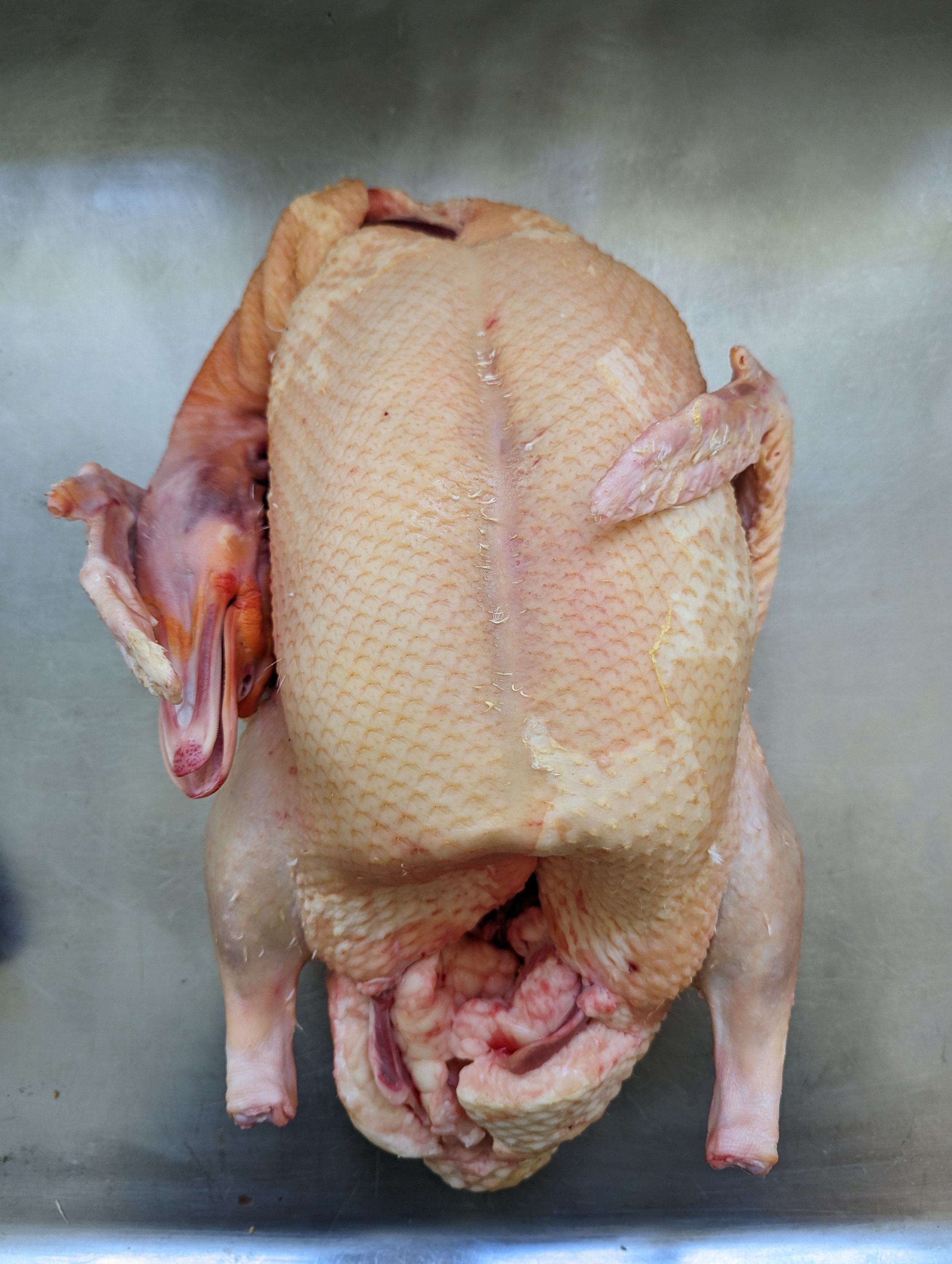
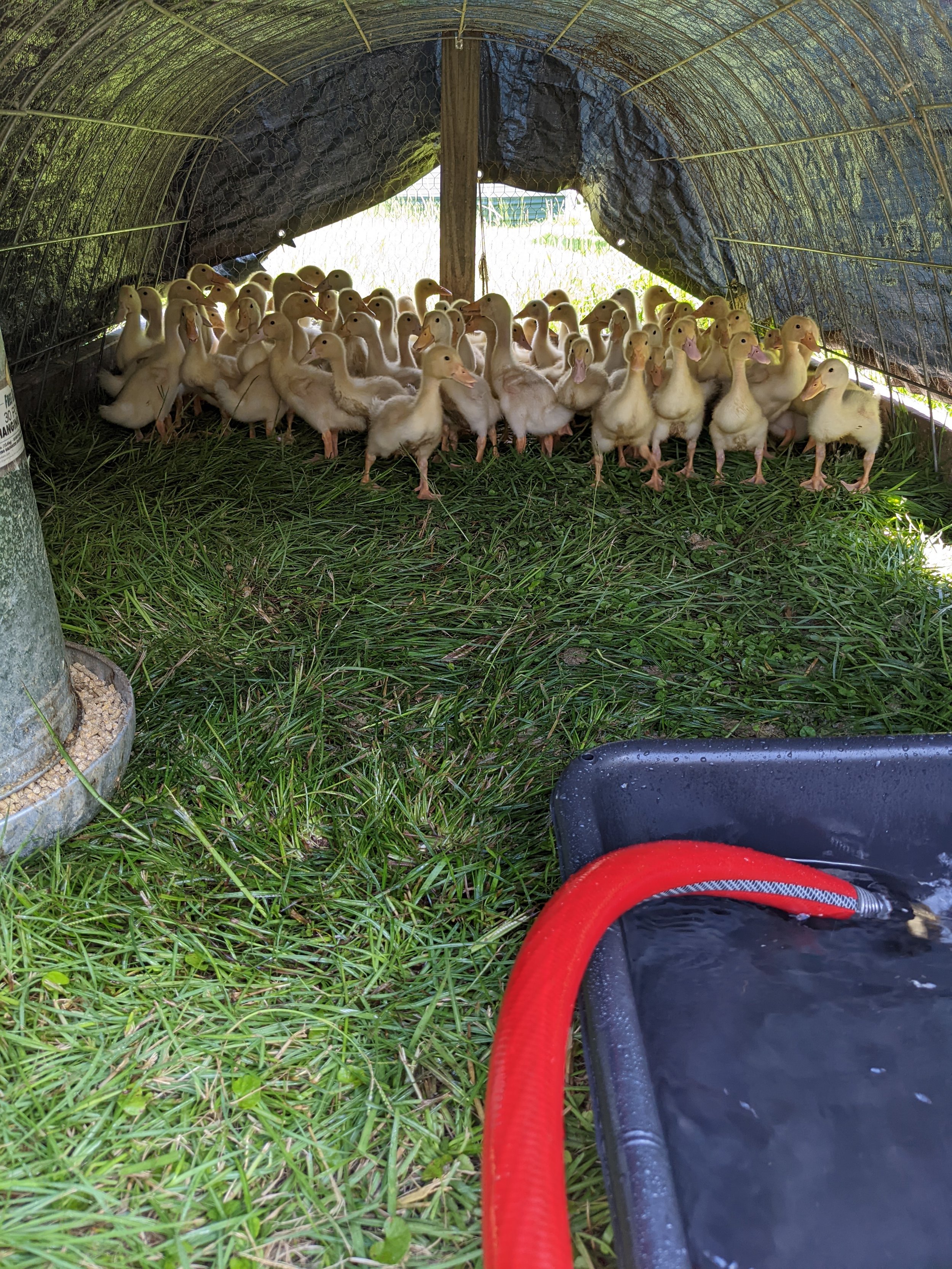
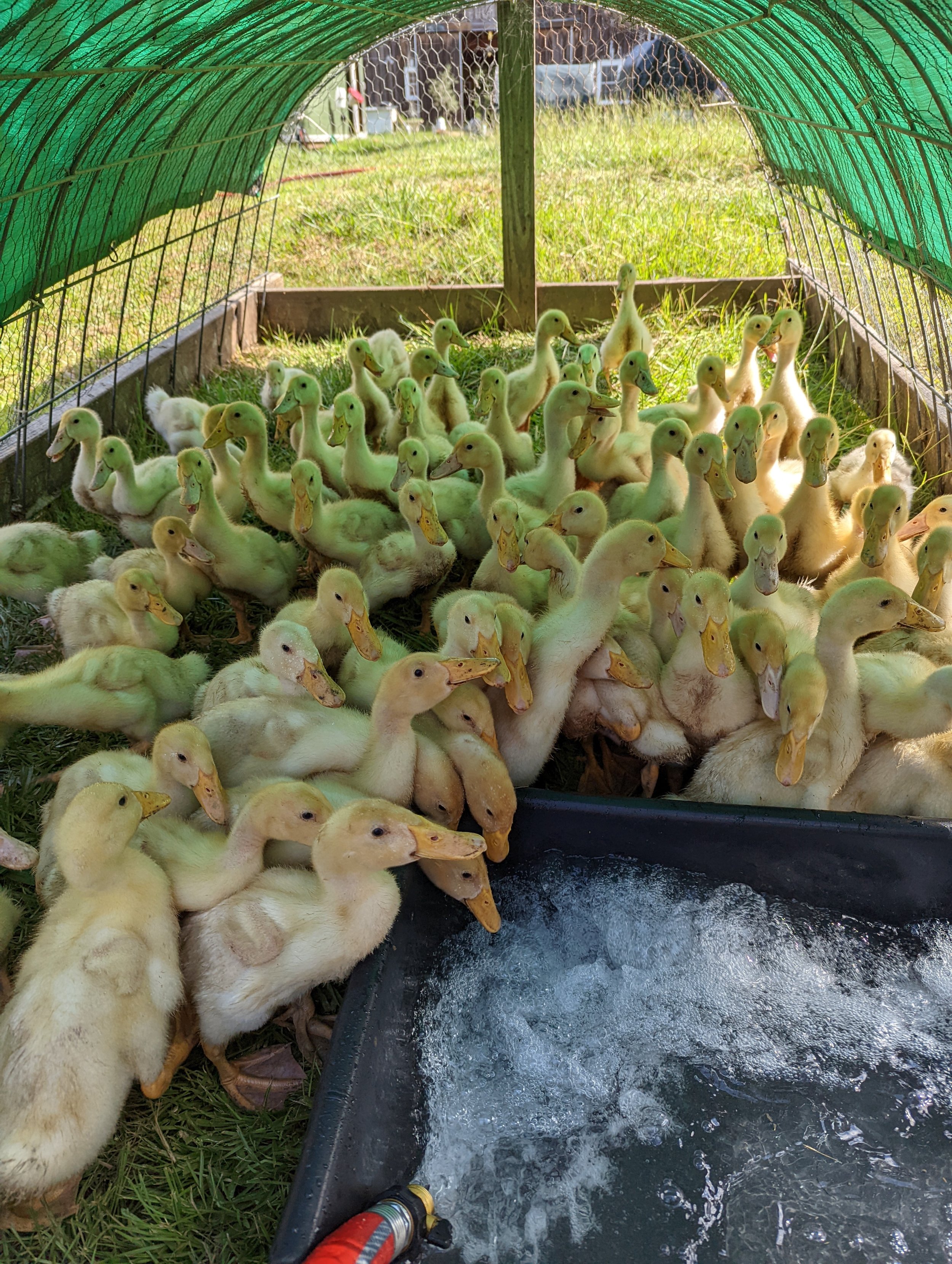
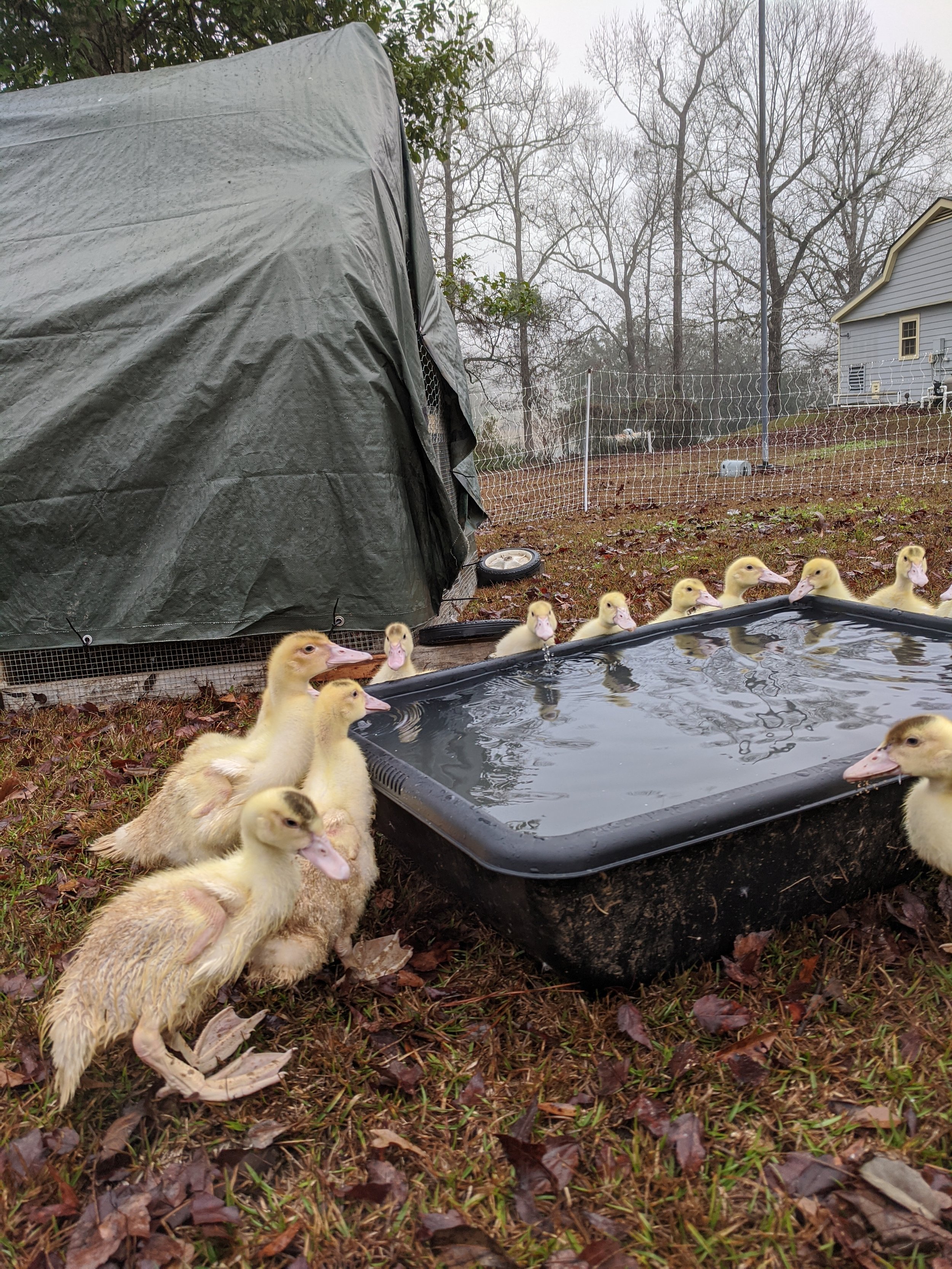
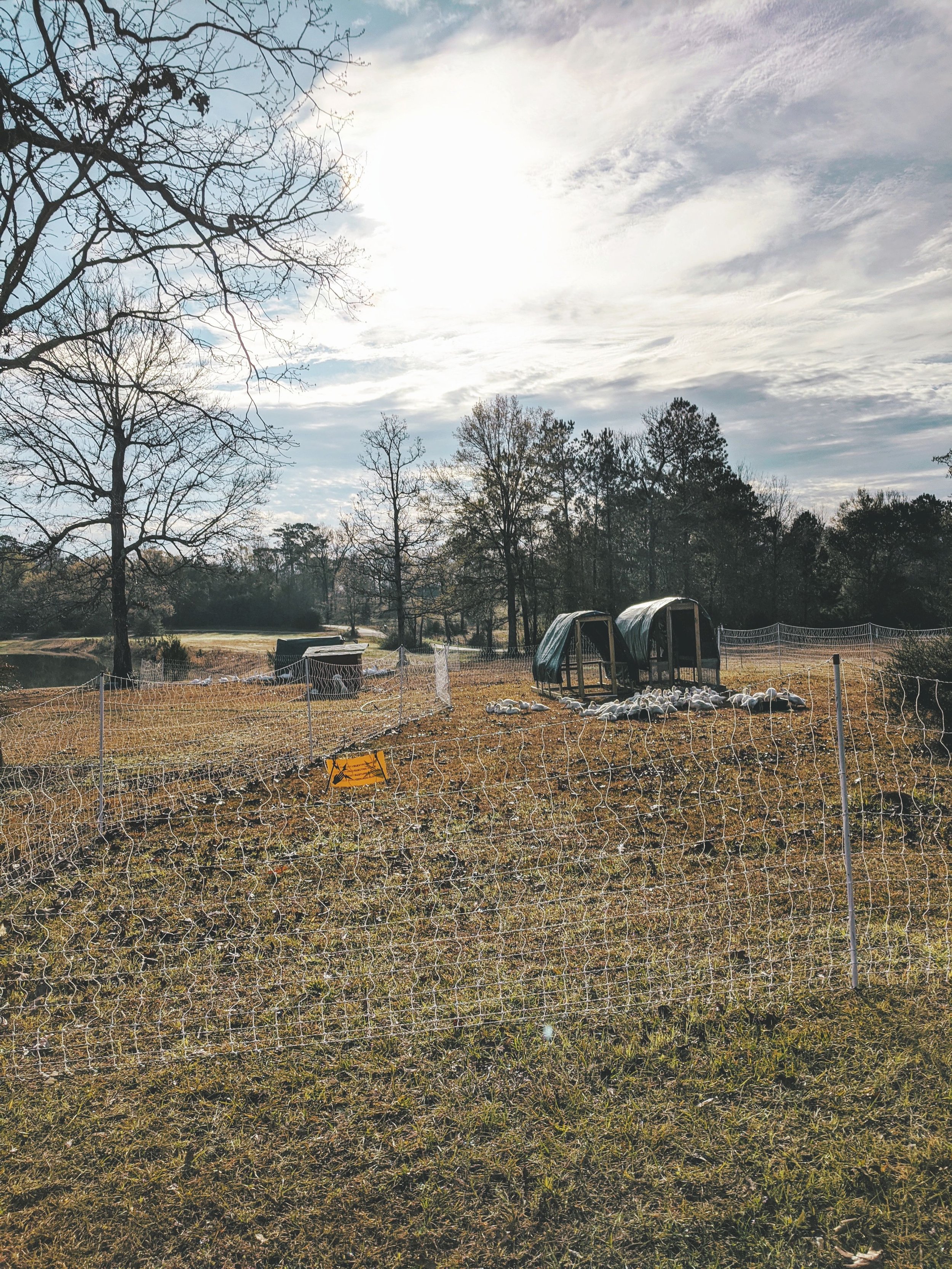
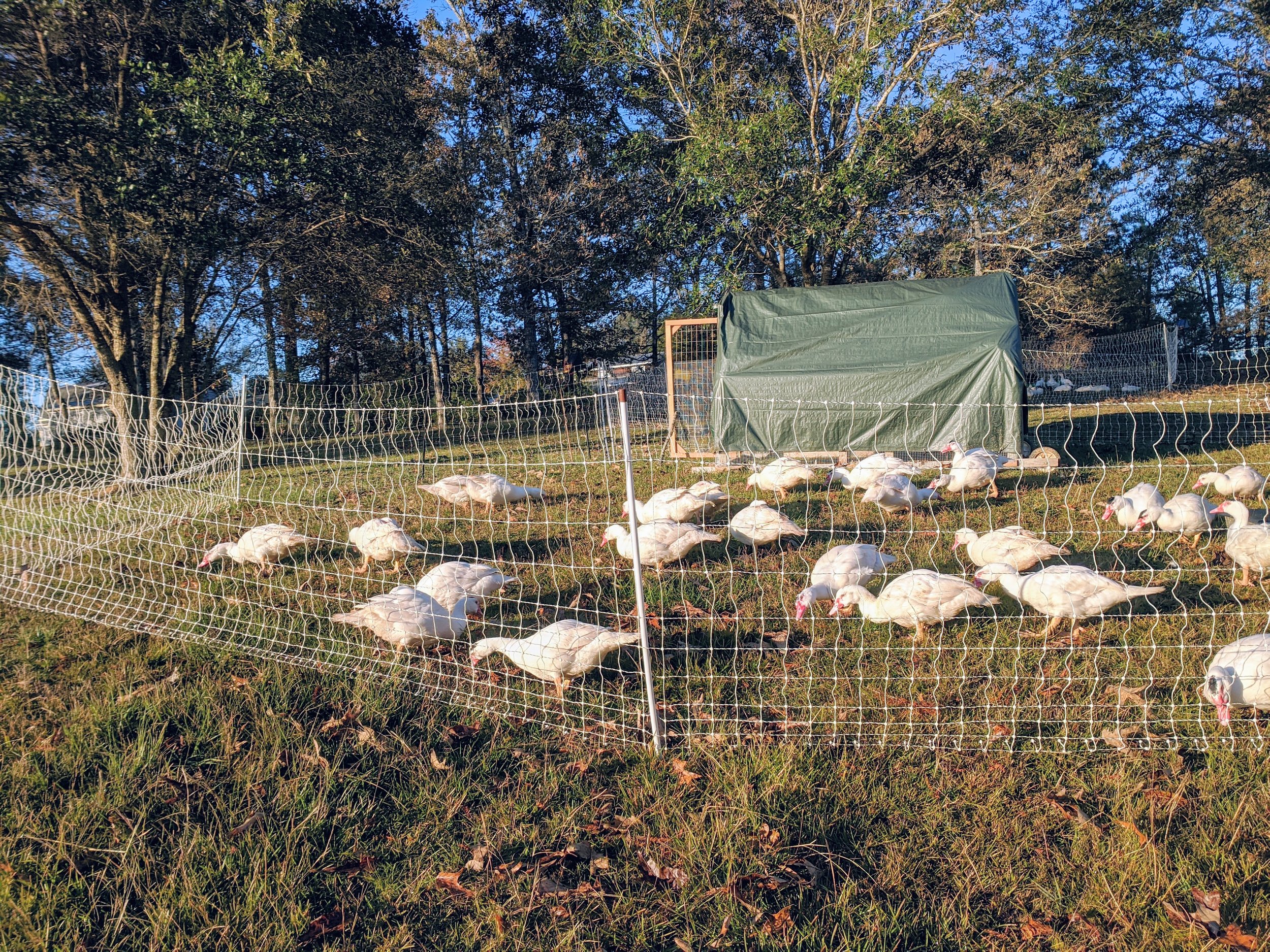
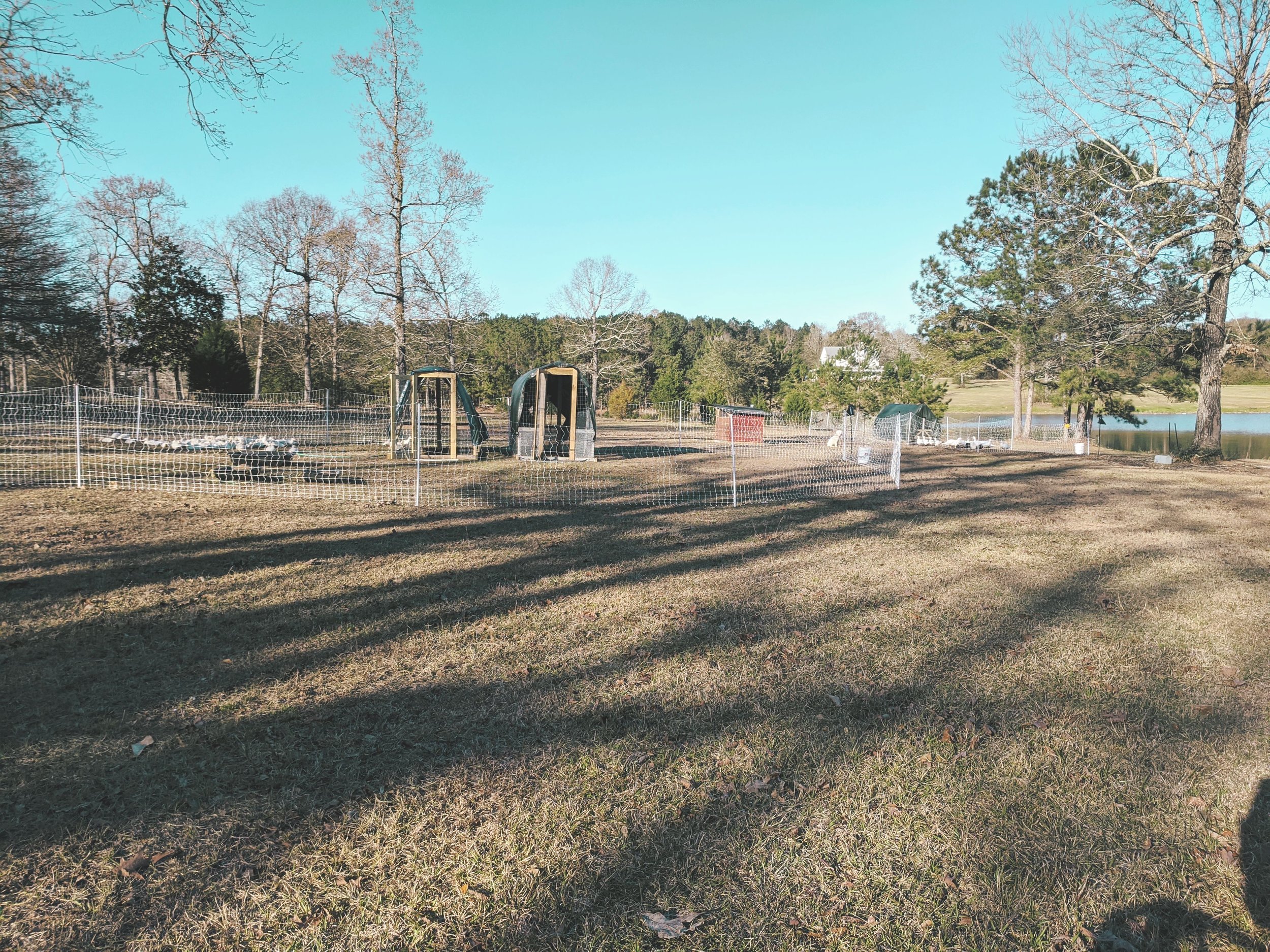
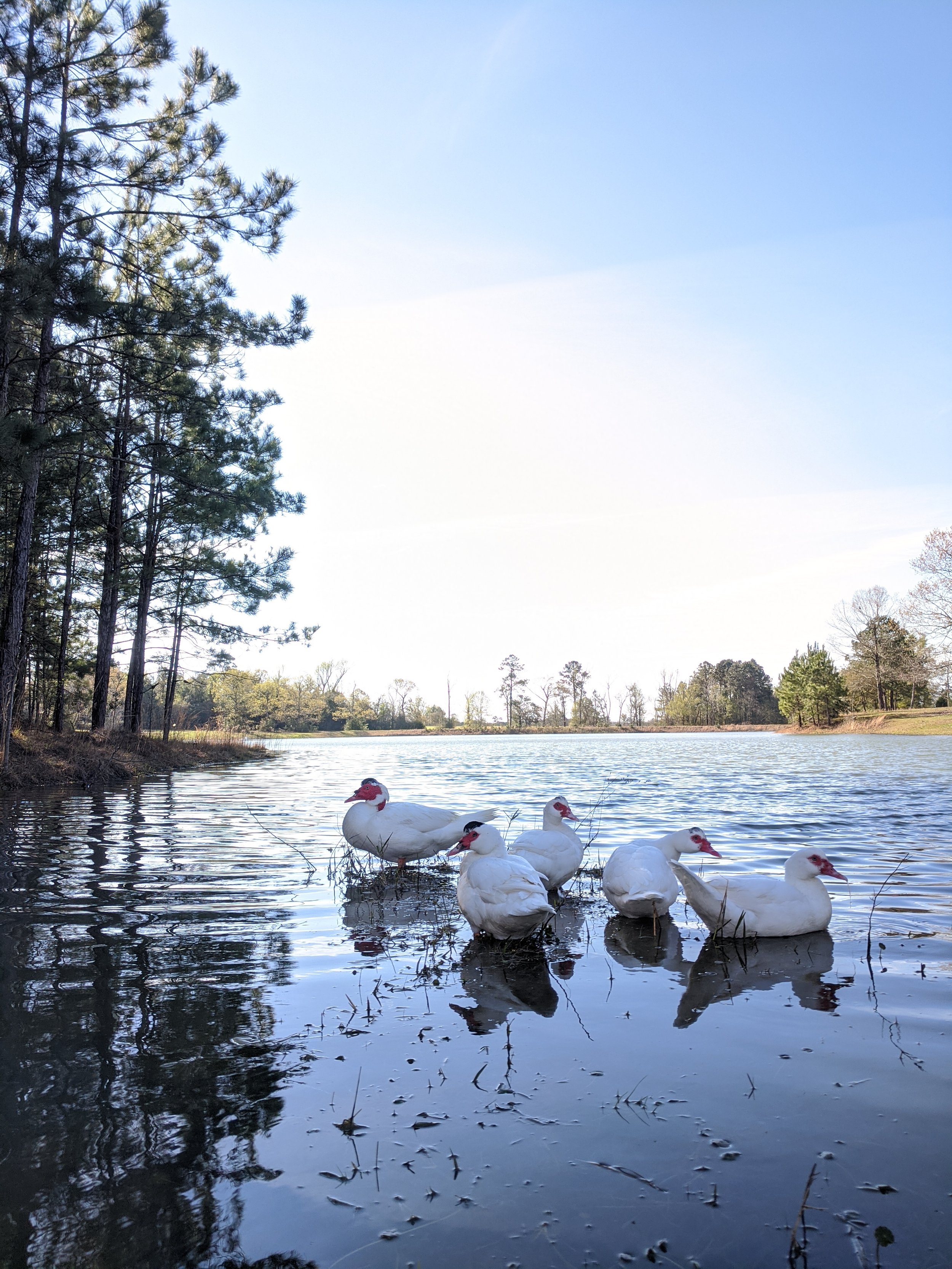
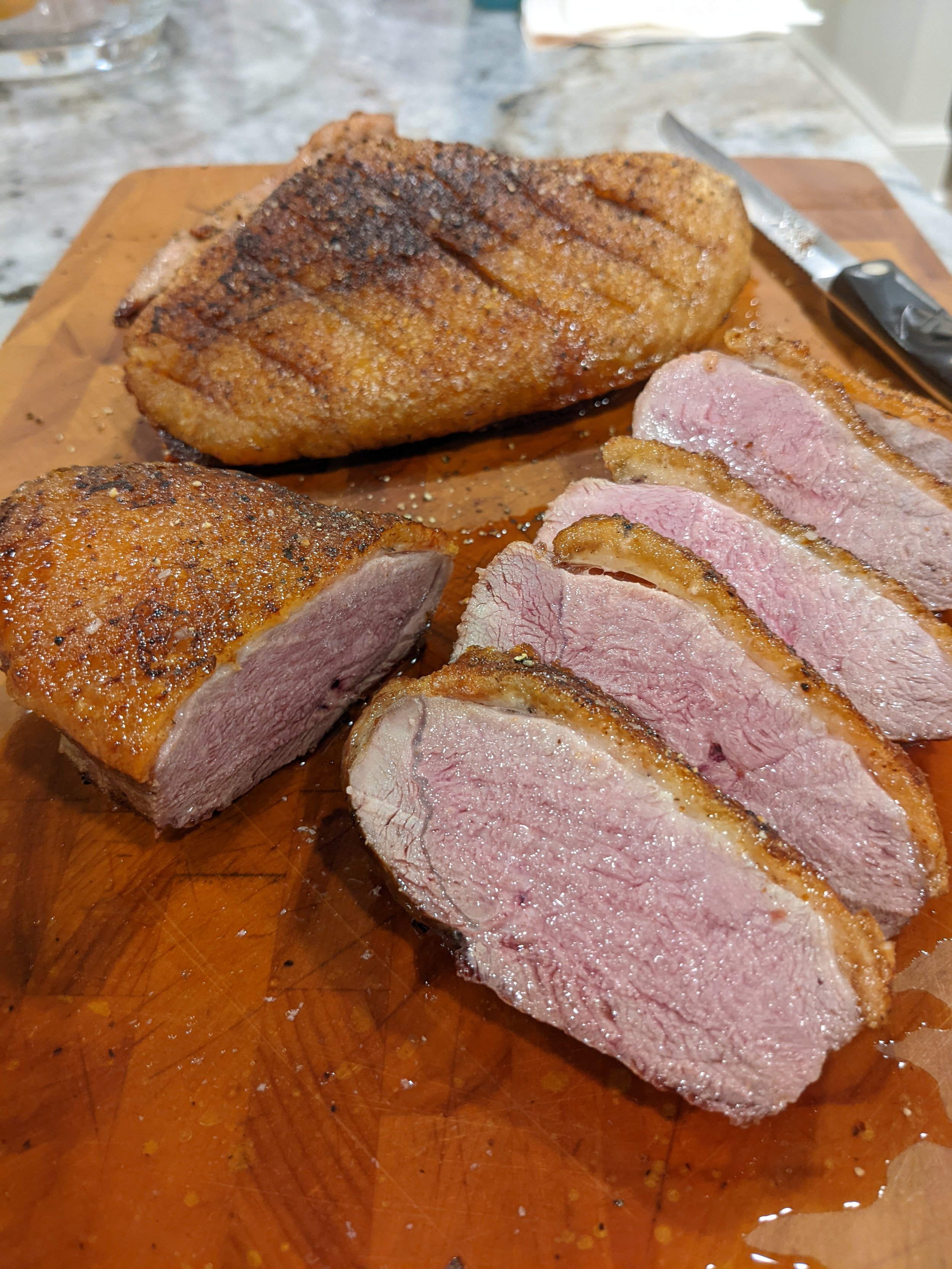
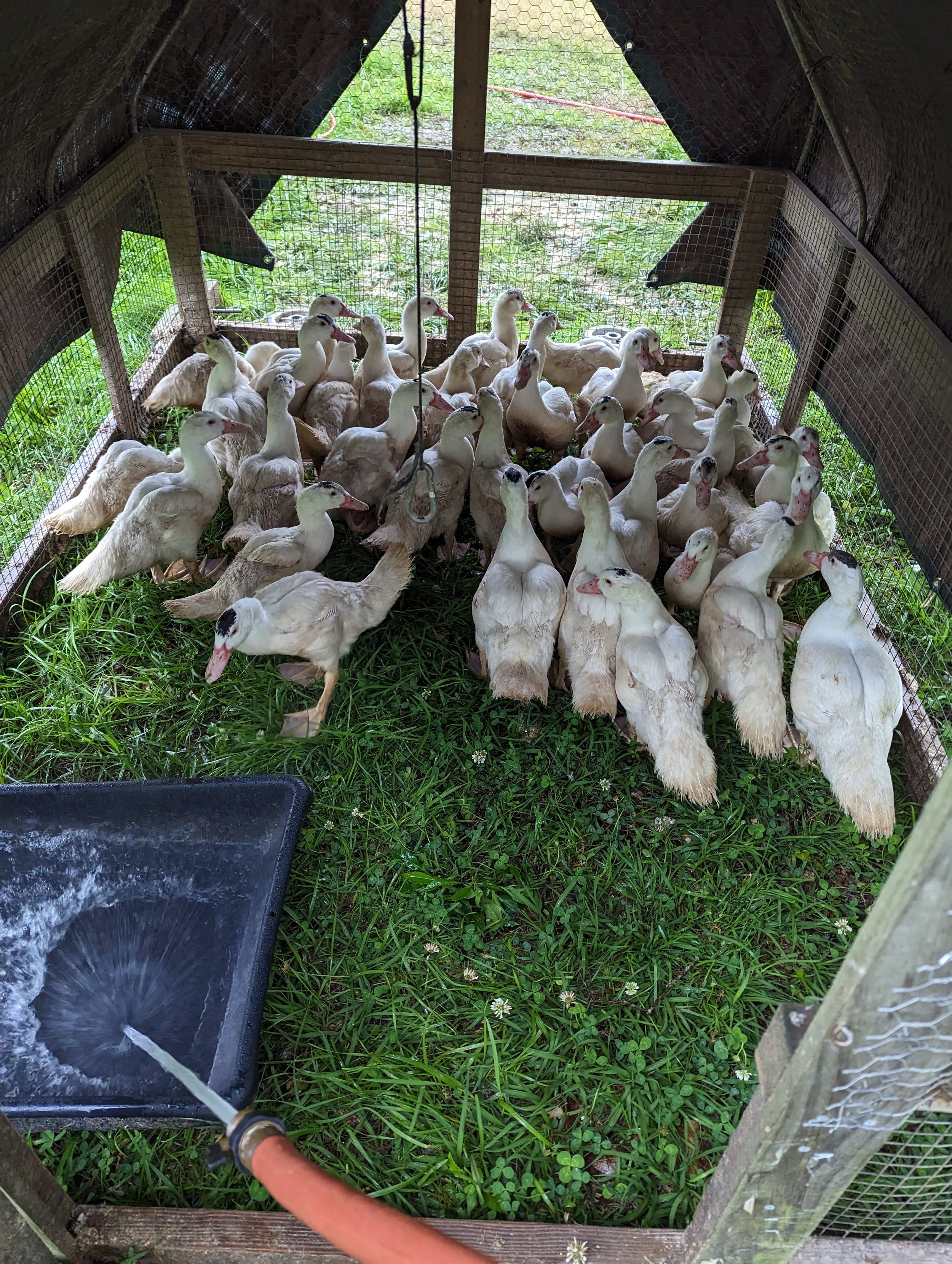
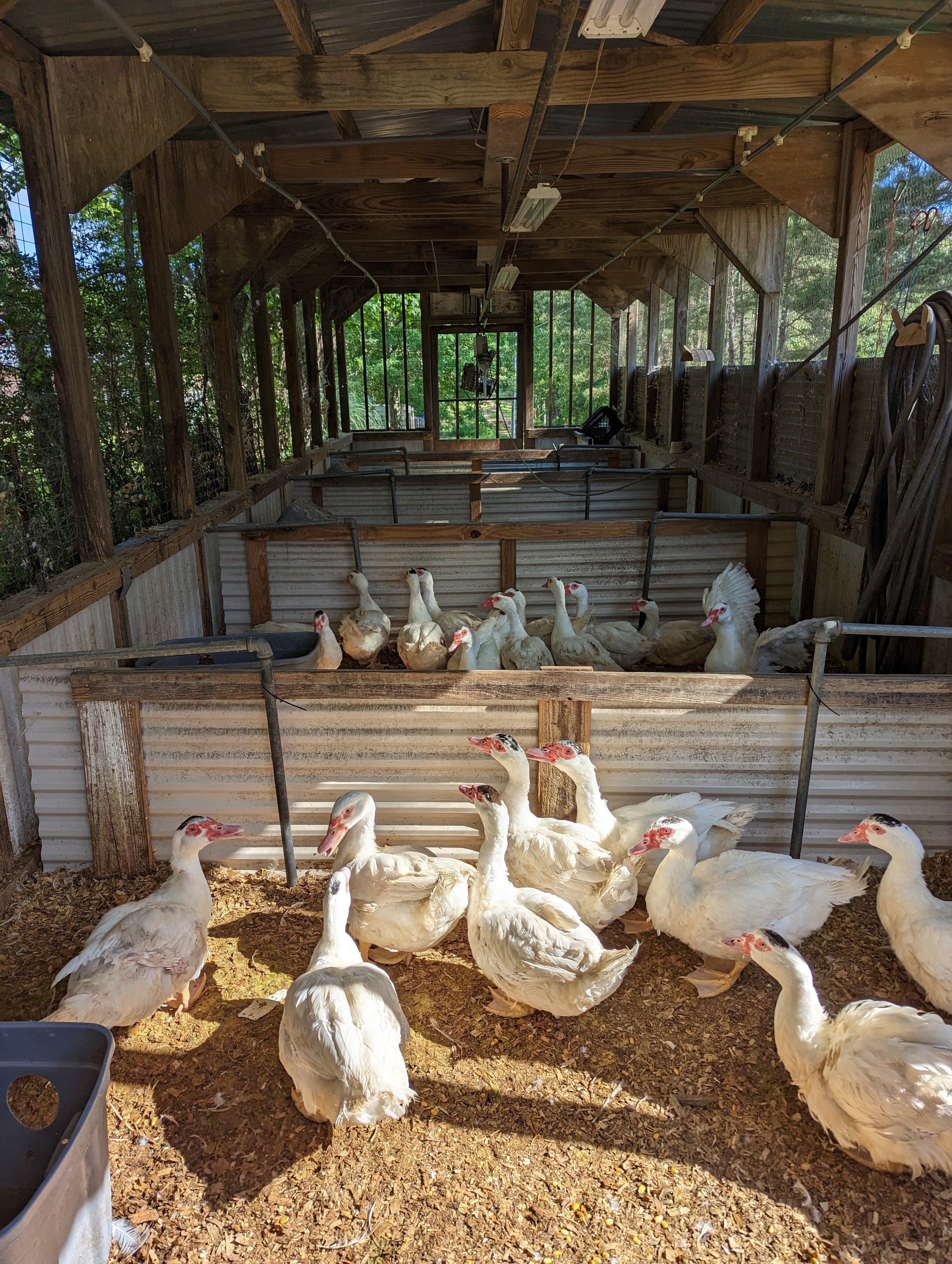
There are some things in life -
such as the time-honored Western traditions in agriculture and animal husbandry - that are worth preserving and passing on, skills that take many generations to develop and only one generation to lose.
Thousands of years in the making, foie gras is a culinary jewel that could only have flourished in such a place as civilized Christian Europe, where the countryman could pursue the real salt of life in relative peace, uninhibited by the modernist, consumerist technological highways with which we contend today and which usher so much noise into our finite human imaginations.
Armed with good grain, good farm fowl, and the change of seasons signaling the approach of the winter holidays, he might give such forethought to Martinmas or Christmas as to begin artfully to prepare a goose to crown his table over a month in advance of the feast.
Perhaps his father (or his grandfather or grandmother) had taught him to hold the bird thusly (and not that way) or how long to cook the grain or how long to fatten the bird and how much grain is the right amount for each feeding. Perhaps a neighbor or friend had schooled him on reading the shape of the bird’s belly or feeling its crop to judge its needs.
Today, it is not so convenient to choose the virtue of adorning life in accordance with nature nor to practice the disciplines of fasting and feasting, but there are pockets of resistance to the tidal wave of homogeneity.
In lieu of crossing an ocean to learn the art of husbanding ducks to produce foie gras, join Ross McKnight of Backwater Foie Gras and Brandon Sheard of Farmstead Meatsmith as they walk you through the raising, feeding, conditioning, fattening, harvesting, and eating of fine waterfowl through a process we shall call The Art of Foie Gras.
Details:
This is a hands-on, two-day course starting on Friday, January 19th, and ending on Saturday, January 20th.
Sampling of topics covered:
Handling of waterfowl and fattening thereof
Proper harvest of the same
Evisceration (esp. removal of foie gras)
Waterfowl husbandry
Degustation of duck products
Waterfowl cookery
*Students will go home not only with the concepts but with the invaluable experience of having performed gavage and artful slaughter.*
Course size is limited: maximum of 8 persons
Course tuition: $1,900.00 (tickets are non-refundable)
There are many options for accommodations in the neighboring town of Covington, LA!
Come with your sleeves rolled up, and prepare to get your hands dirty!
Our next class date is TBD!
WARNING:
Under Louisiana law, R.S. 9:2795.5, there is no liability for an injury to or death of a participant in an agritourism activity conducted at this agritourism location if such injury or death results from the inherent risks of the agritourism activity. Inherent risks of agritourism activities include, among others, risks of injury inherent to land, equipment, and animals, as well as the potential for you to act in a negligent manner that may contribute to your injury or death. You are assuming the risk of participating in this agritourism activity.
Brandon Sheard
Brandon Sheard came into traditional livestock harvesting after studying Shakespeare in graduate school. With no experience in butchery or agriculture, he quit his job at Whole Foods Market, and started work on a small, multi-species and pasture-based farm in the Pacific Northwest. After two years of working on the farm and managing the butcher shop, Brandon left and started Farmstead Meatsmith with his wife Lauren who had journeyed with him from academia to agriculture. Today they live in northeastern Oklahoma with their nine children, teaching the art of animal harvesting and provisioning on the domestic scale. You can learn the craft of artful slaughter at farmsteadmeatsmith.com where they host the Meatsmith Membership and post a full calendar of undiluted hands-on classes in animal harvesting according to the traditions of the peasant home.
Ross McKnight
Ross McKnight joined the thin ranks of North American foie gras farmers in 2019 when he successfully produced foie gras for the first time in the backyard of his home in southeast Louisiana. Shortly thereafter, he and his father, Daniel, purchased a farm in Bush, Louisiana to expand the operation.
Today, multiple generations live on the farm where Ross and his family raise ducks for foie gras, pigs for pork, chickens for eggs and meat, cows for milk, a horse for work and play, 3 obnoxious ganders for some unknown reason, and rabbit for Lapin à La Moutarde.
Alongside producing foie gras and duck meat for retail and wholesale to restaurants, Ross runs an agricultural private membership association to foster growth in small-scale, local food production.



